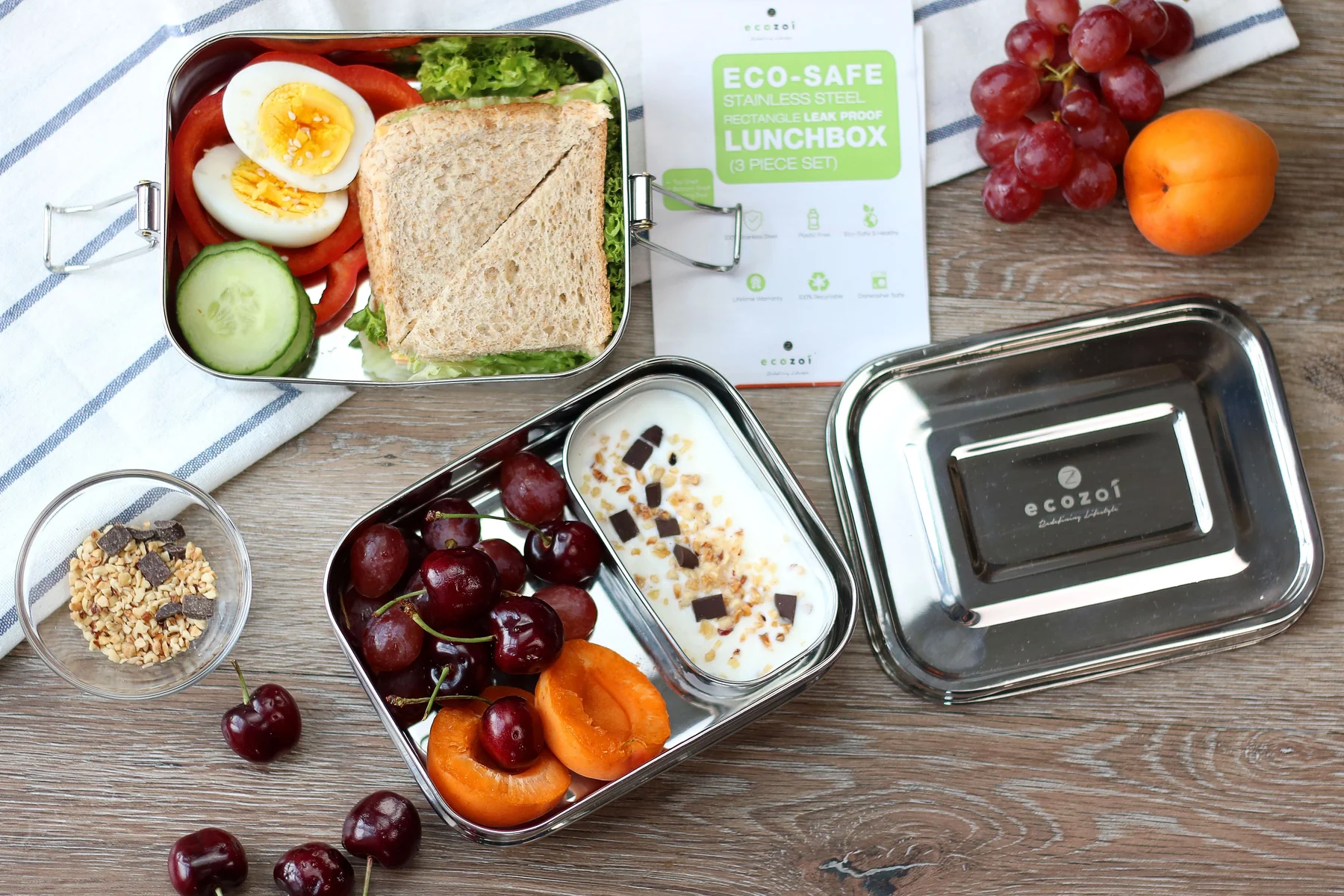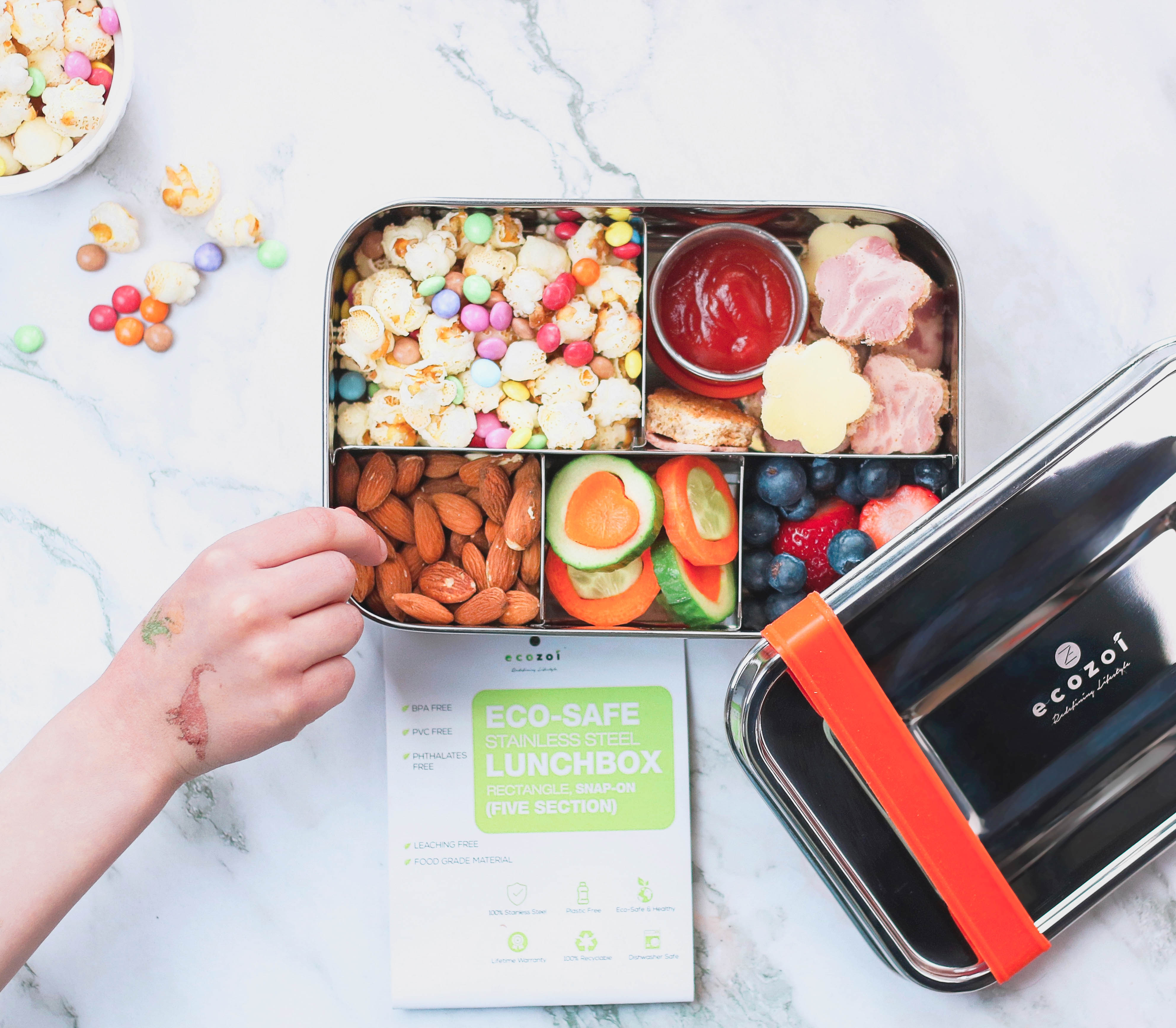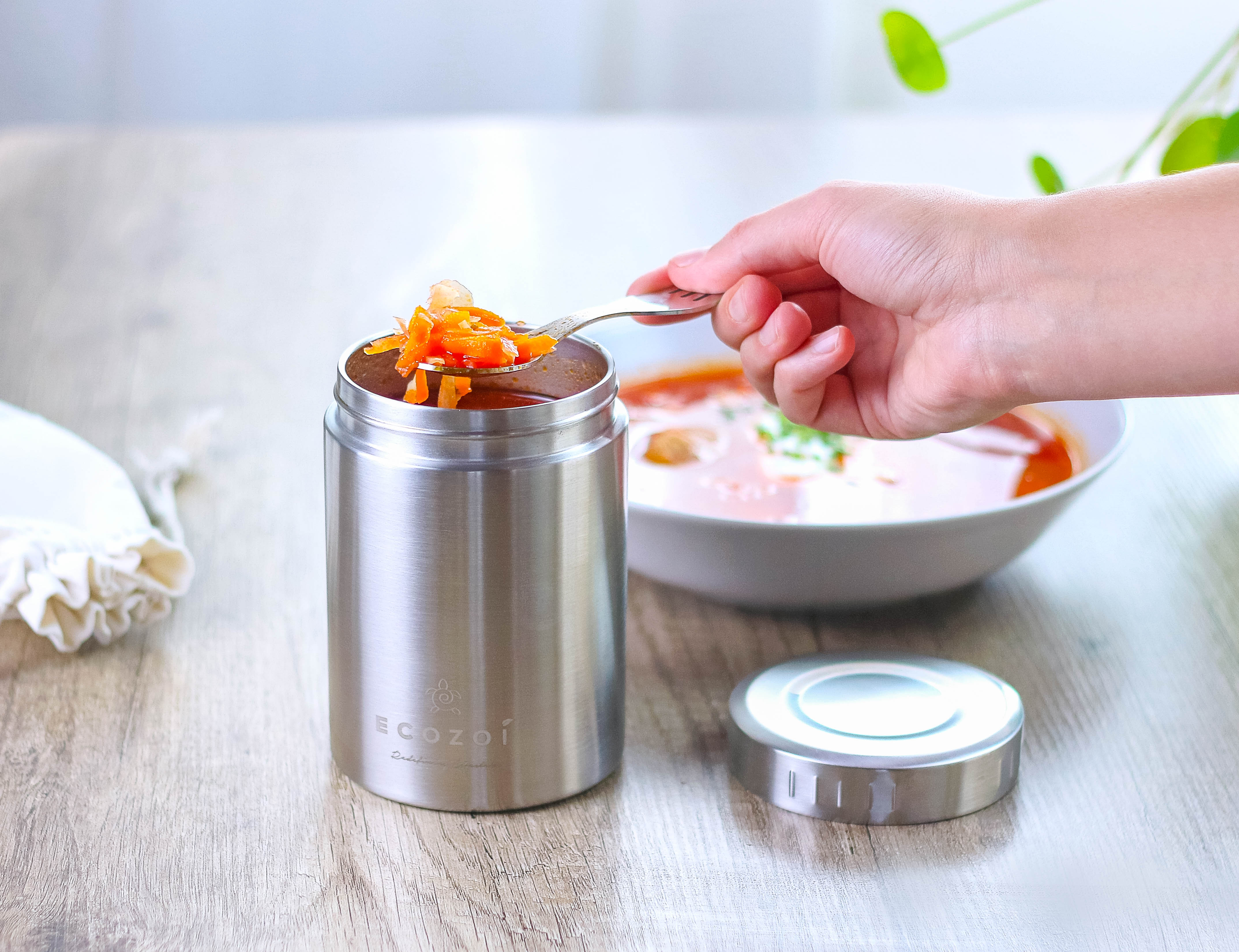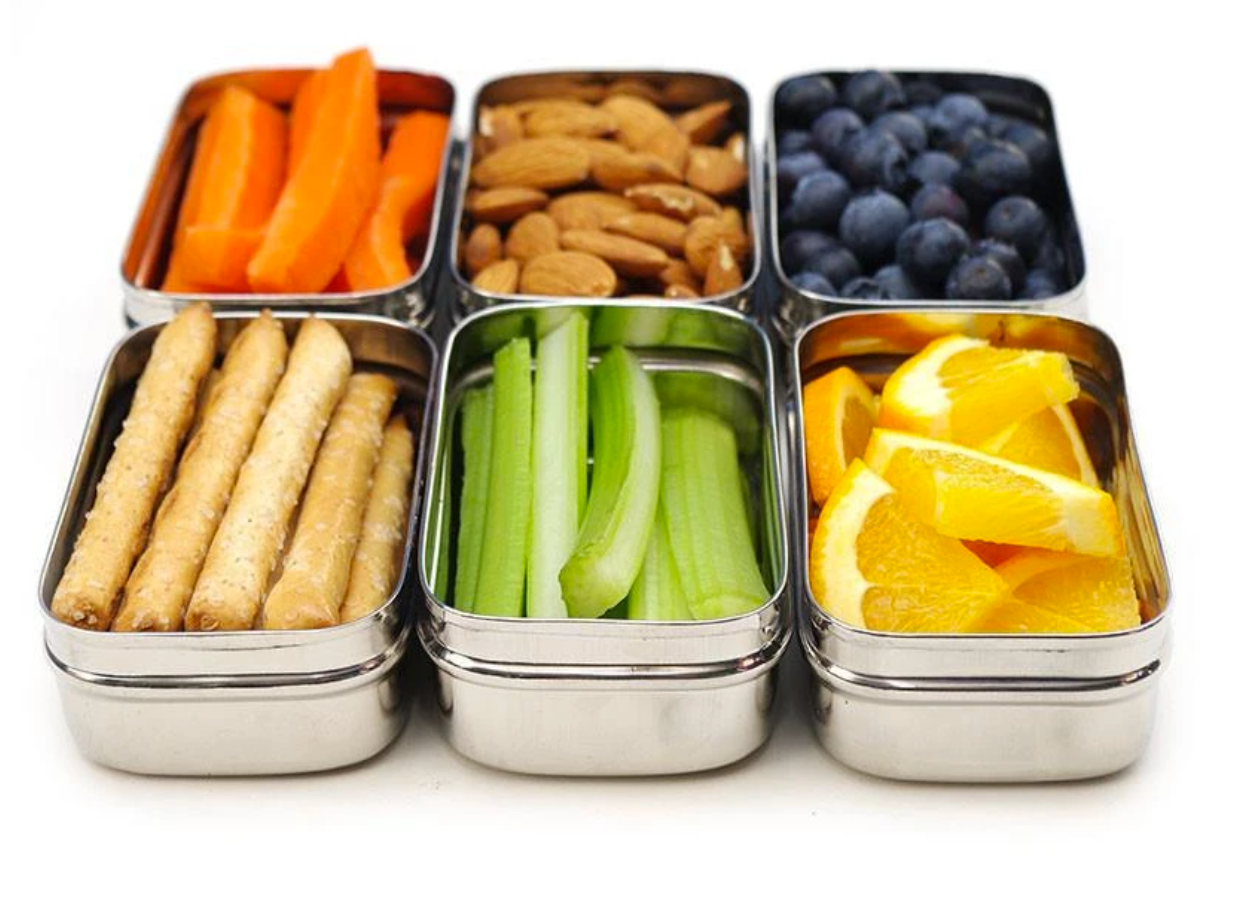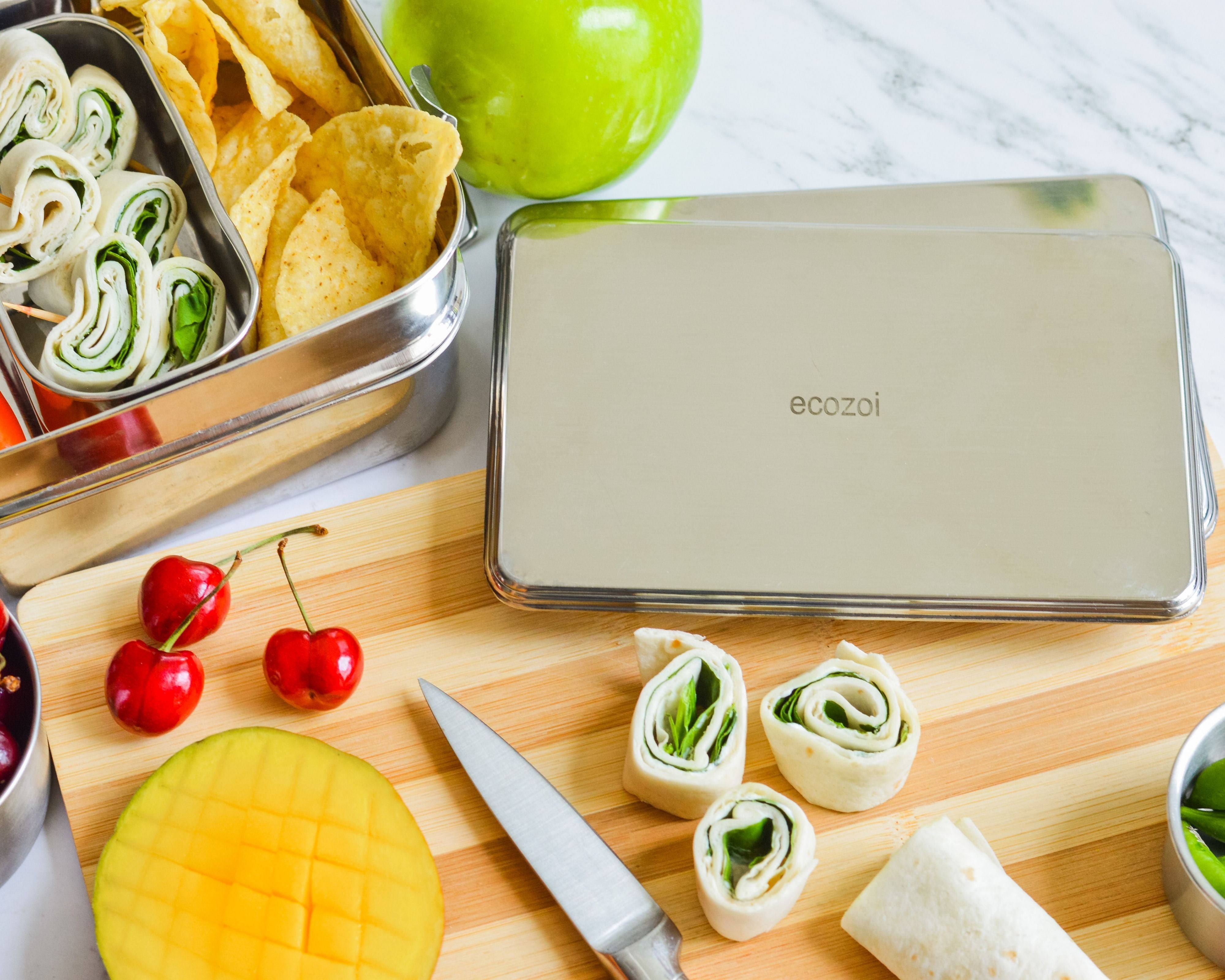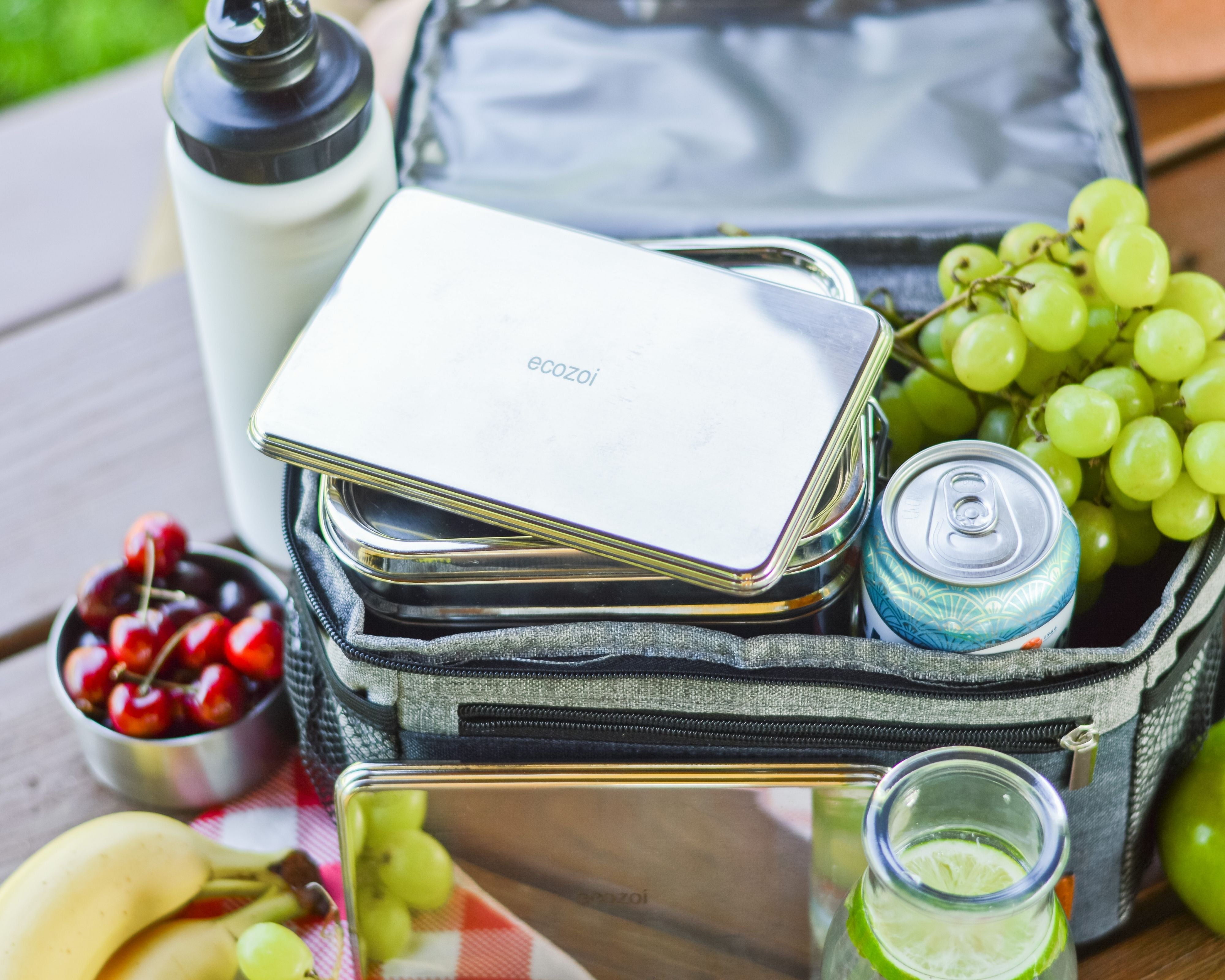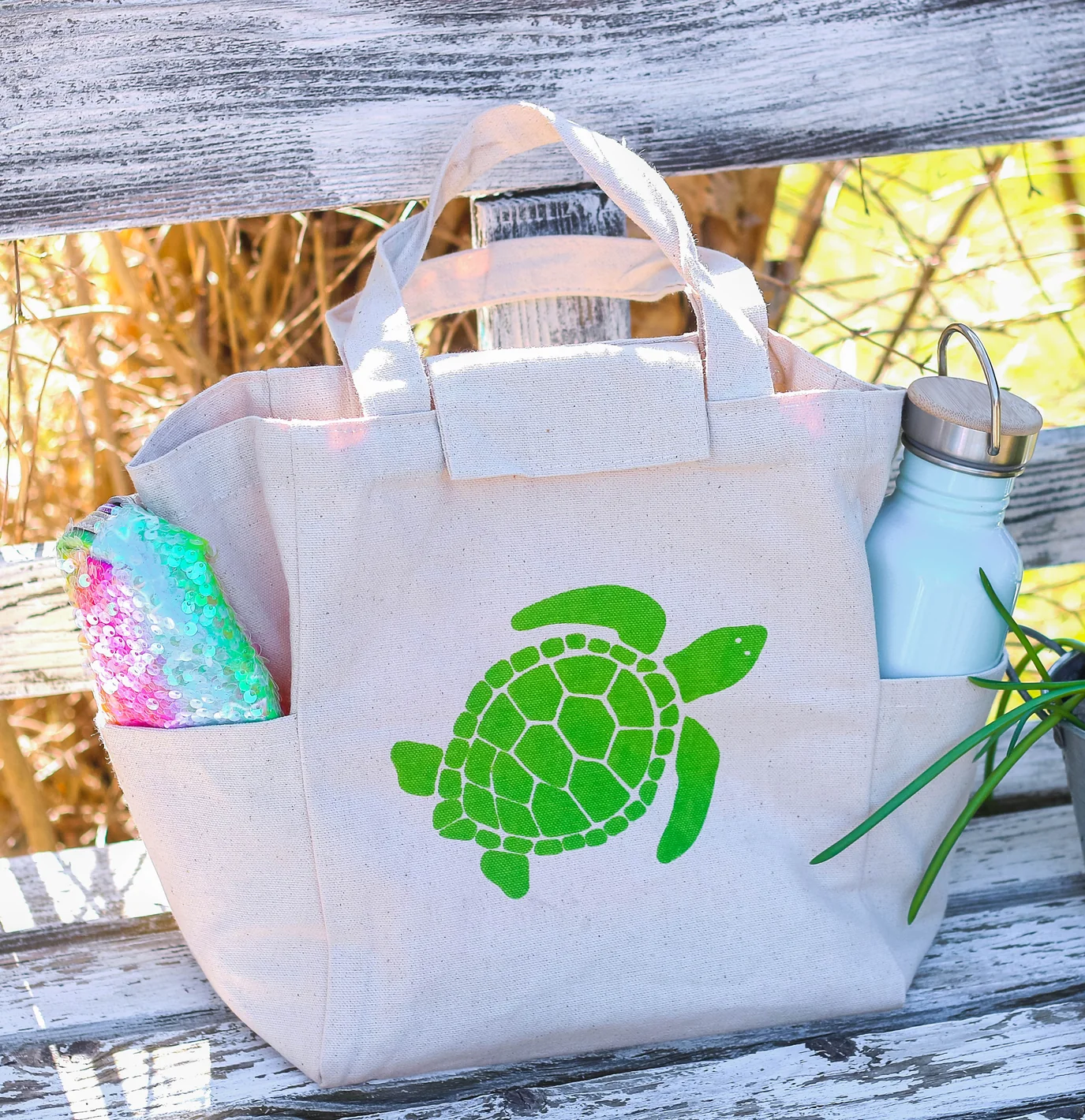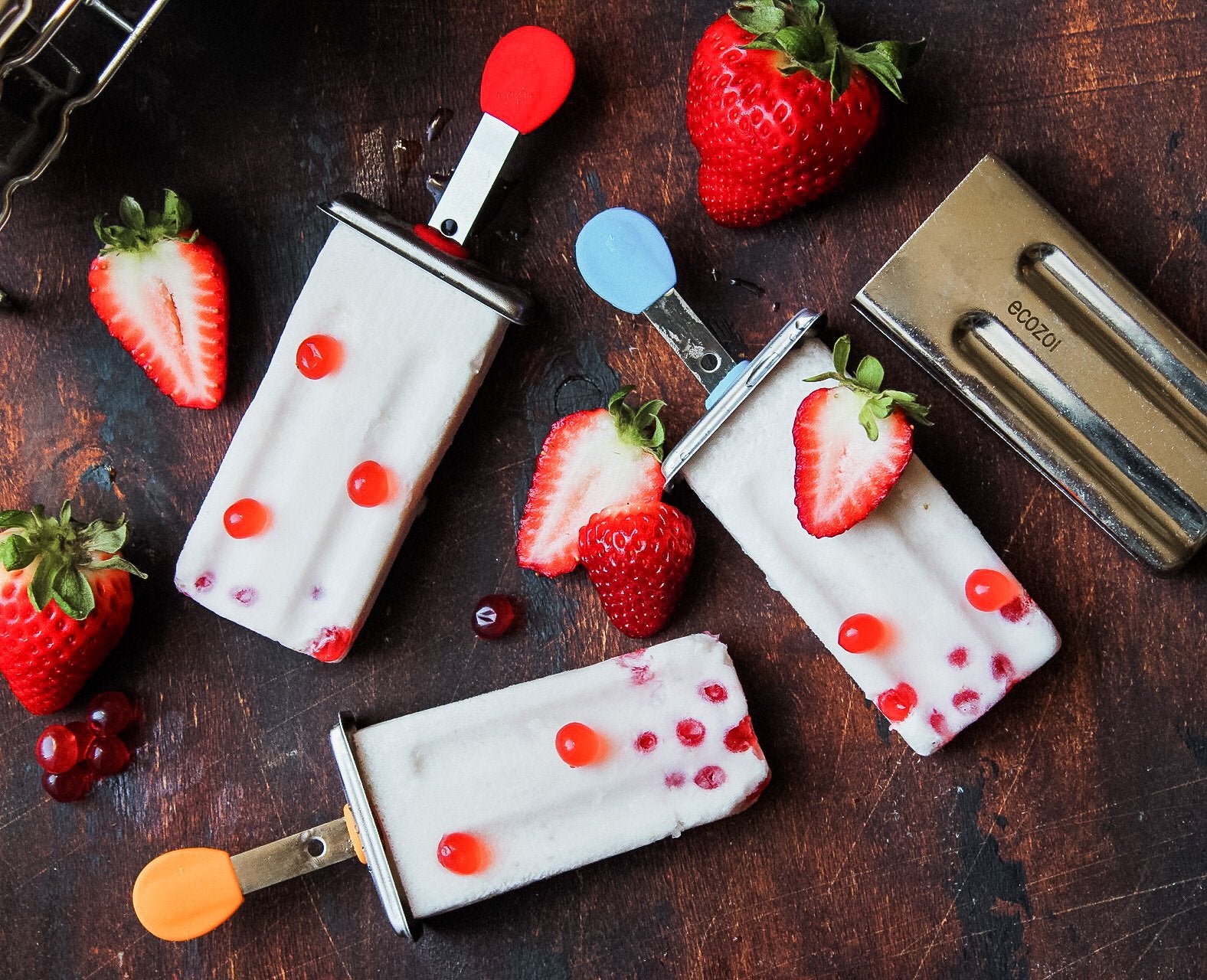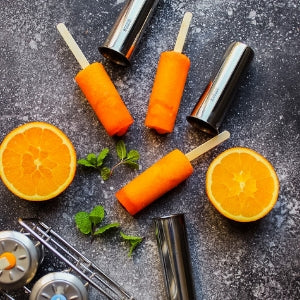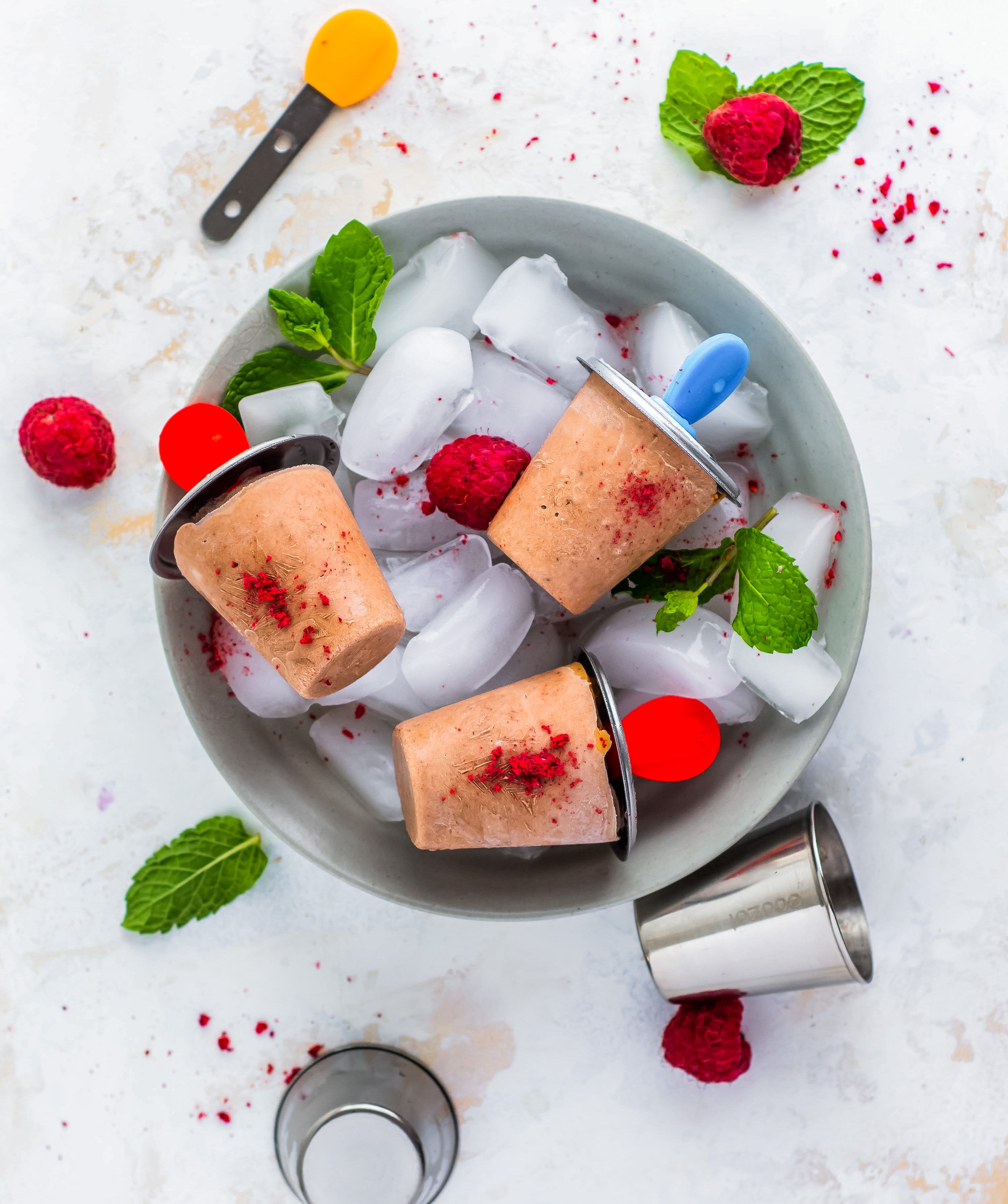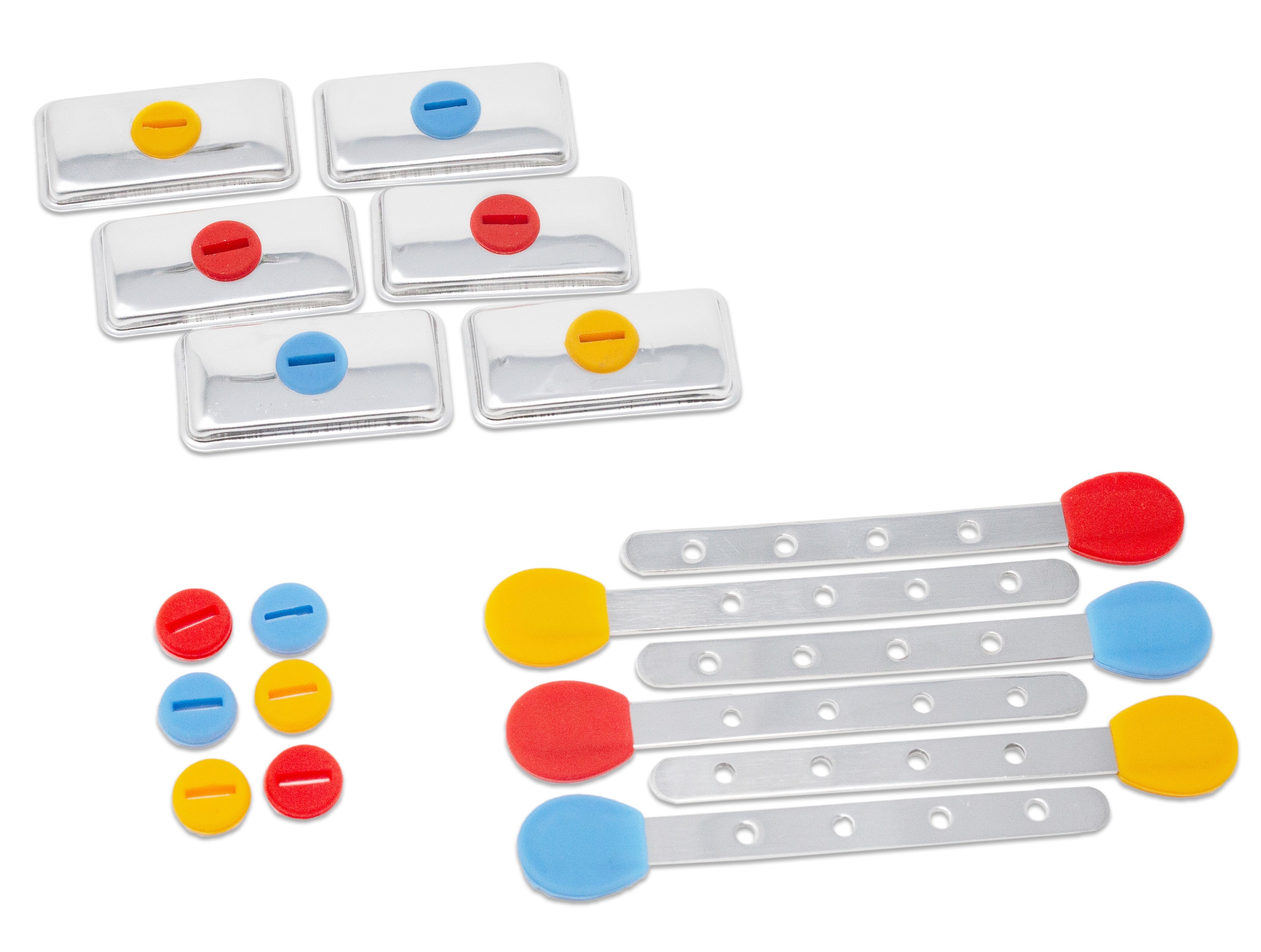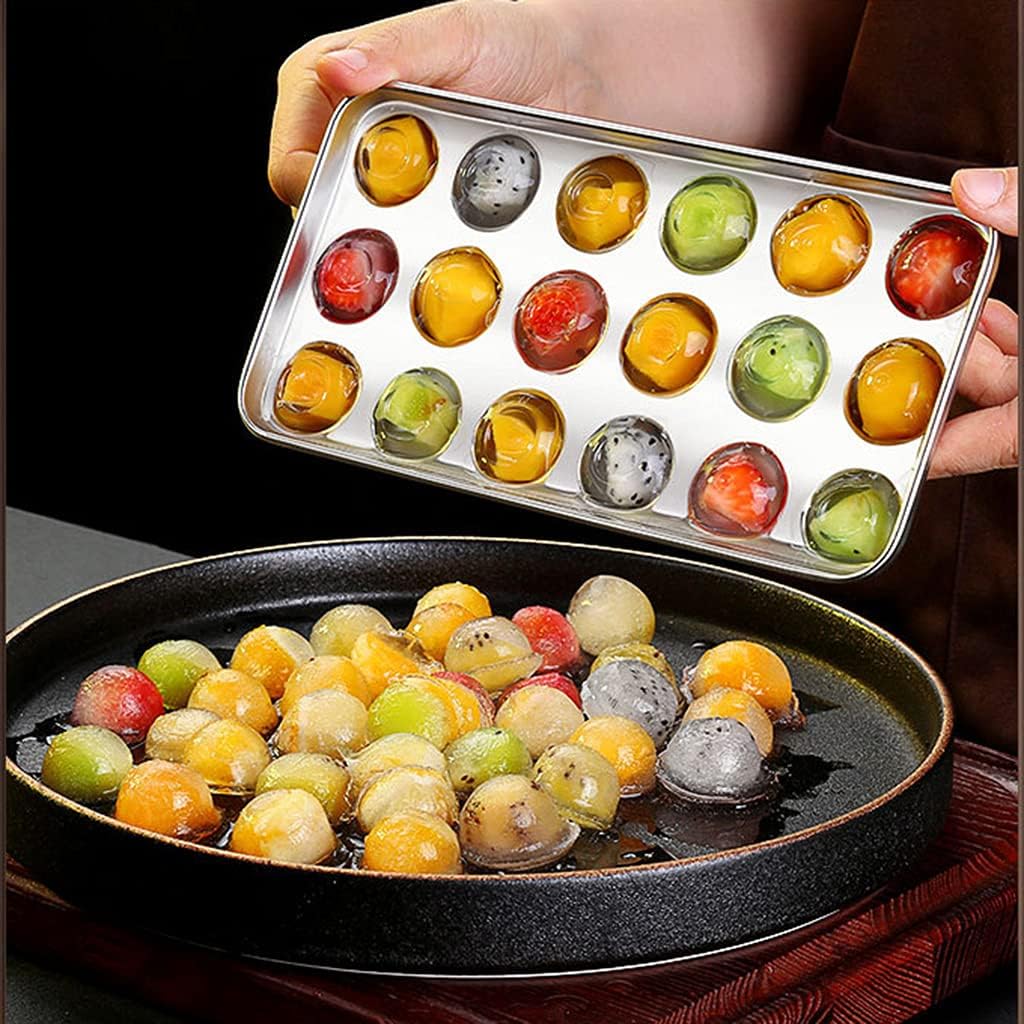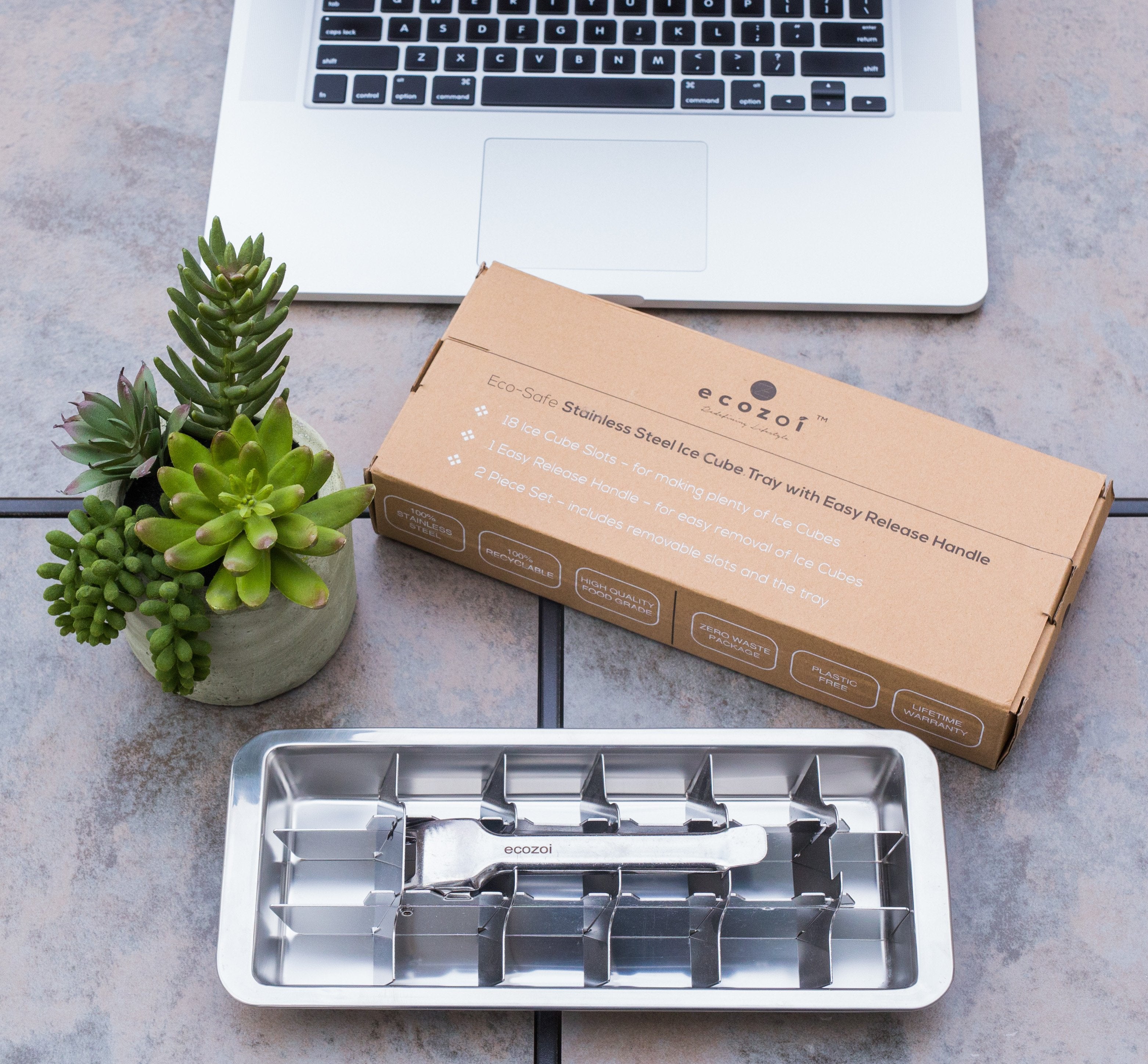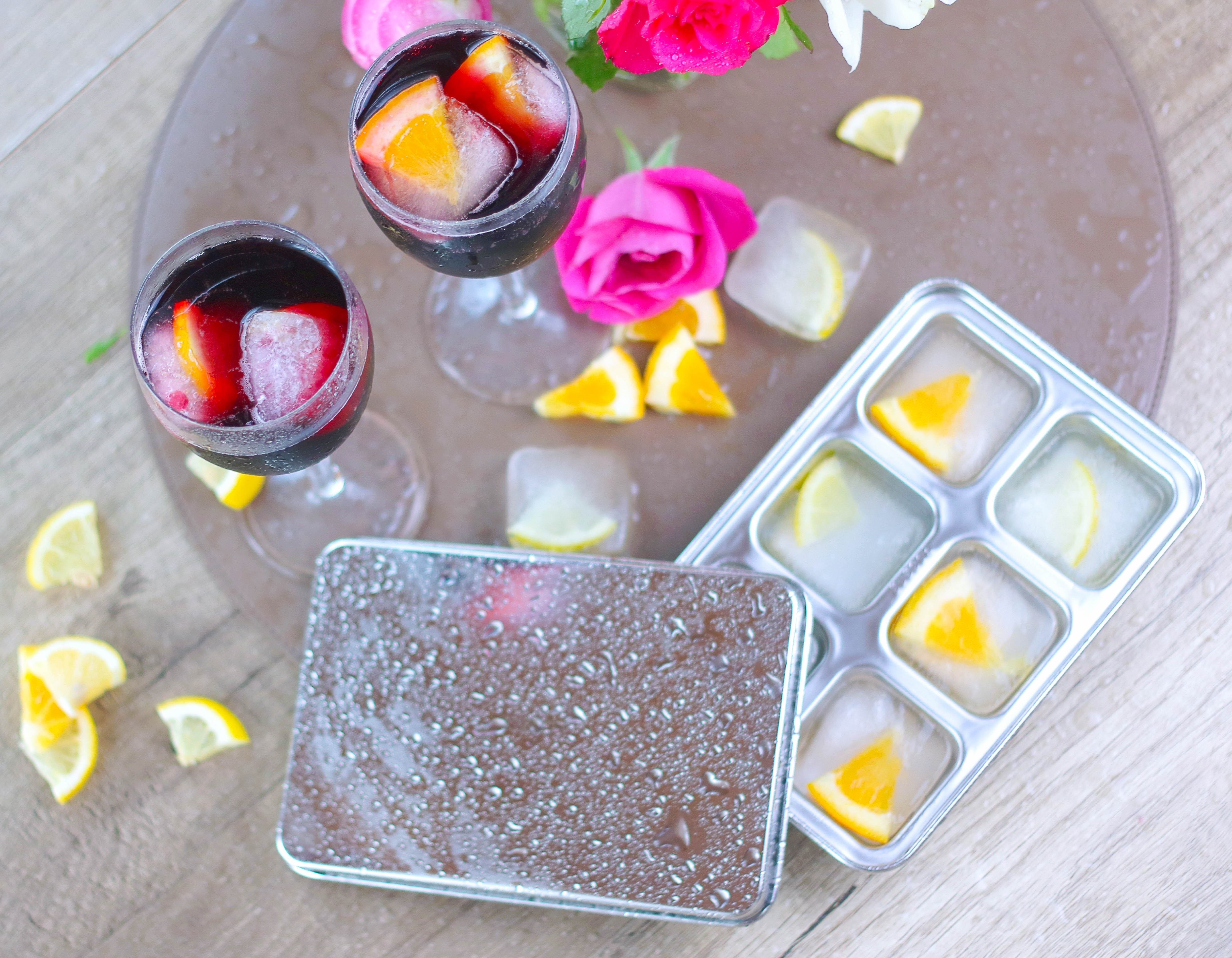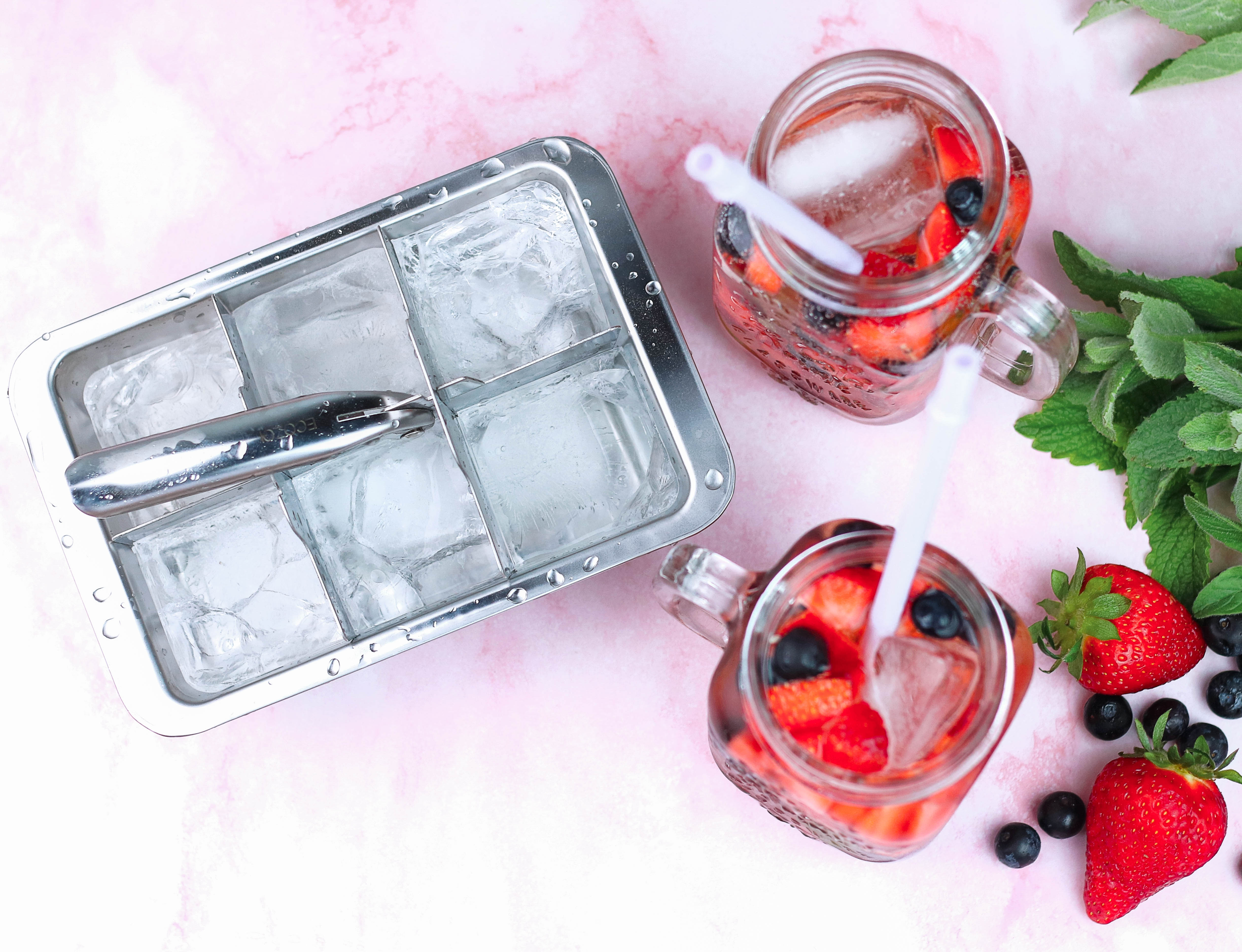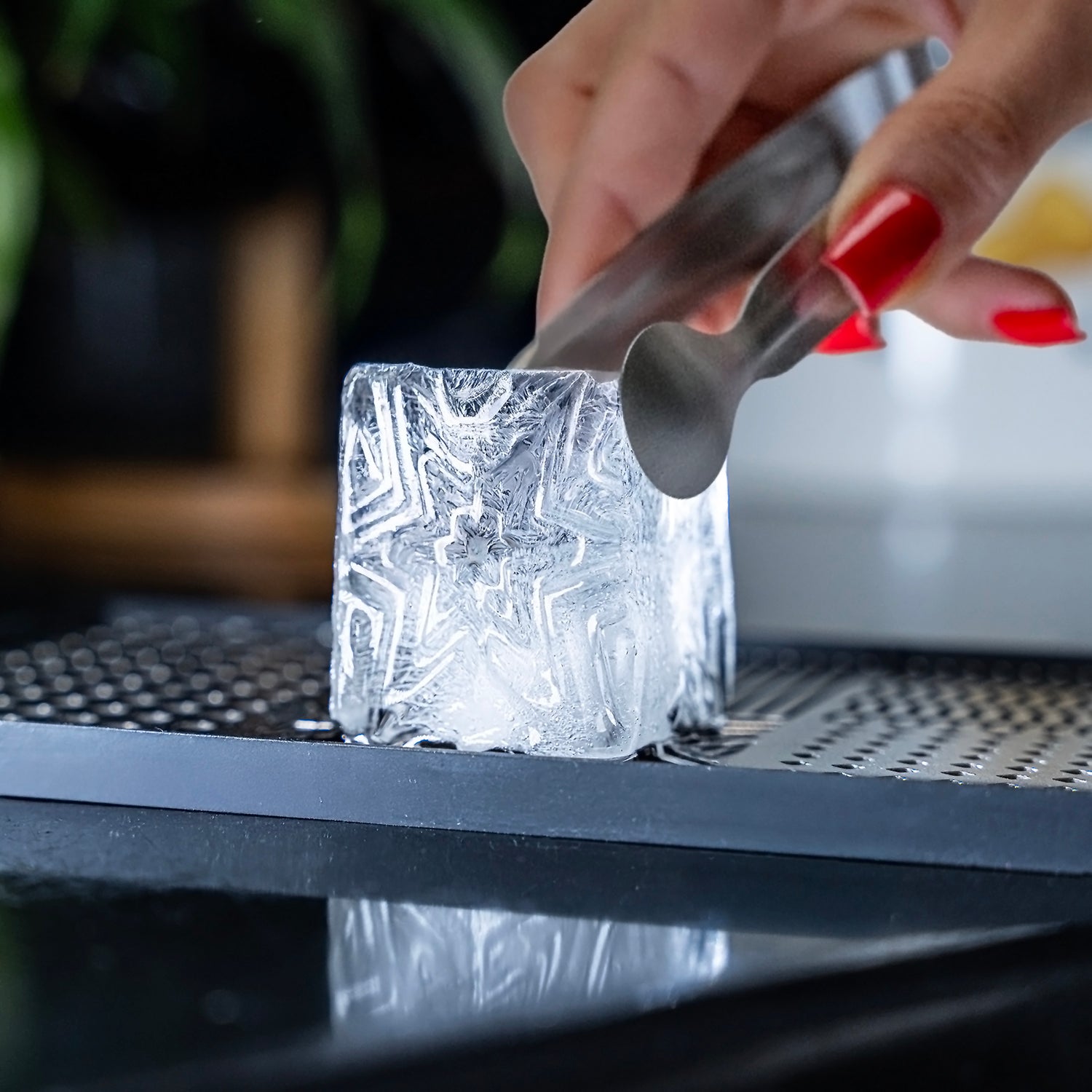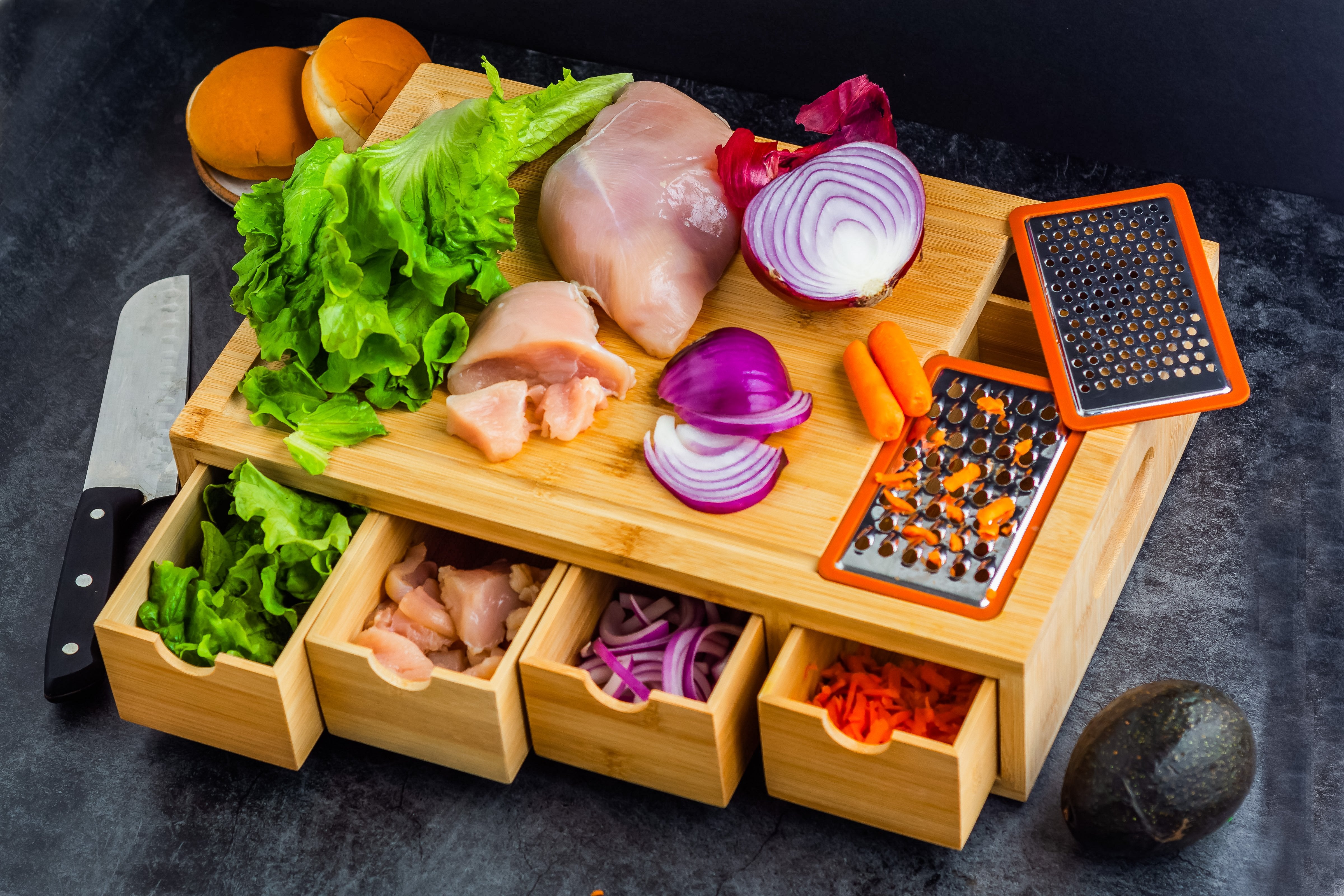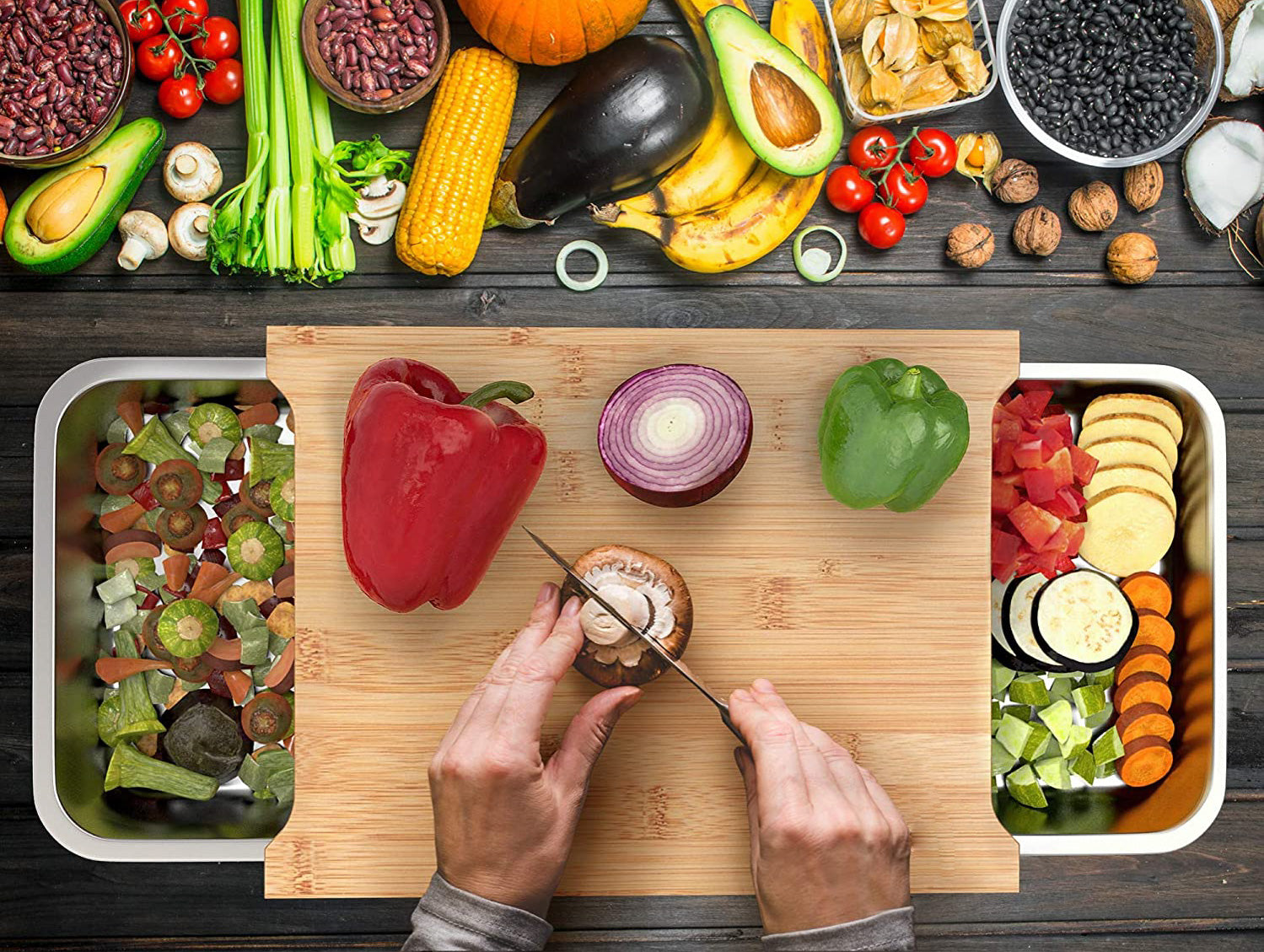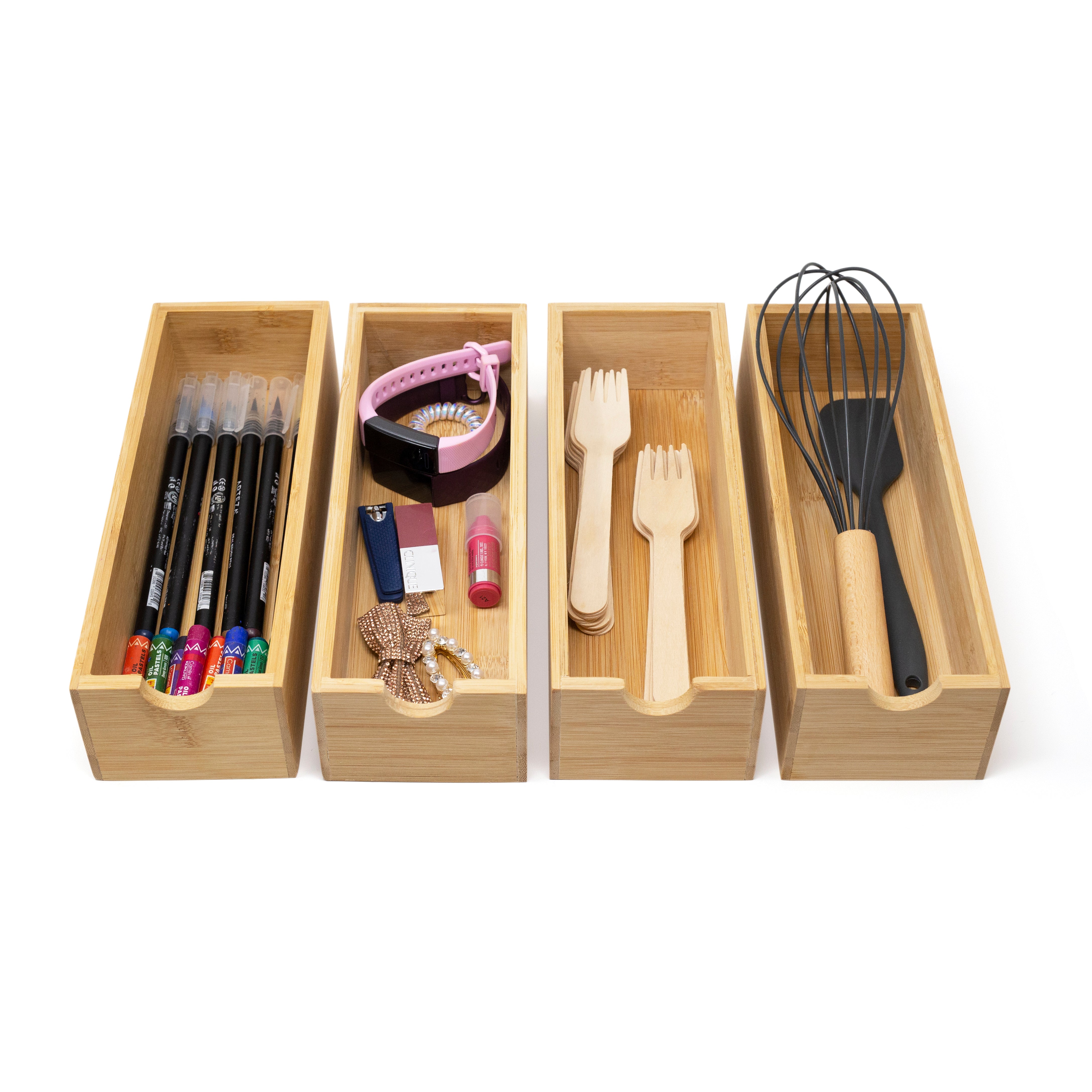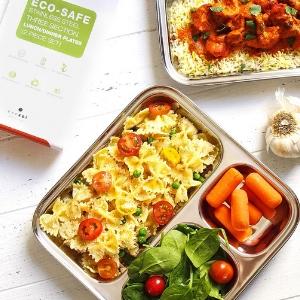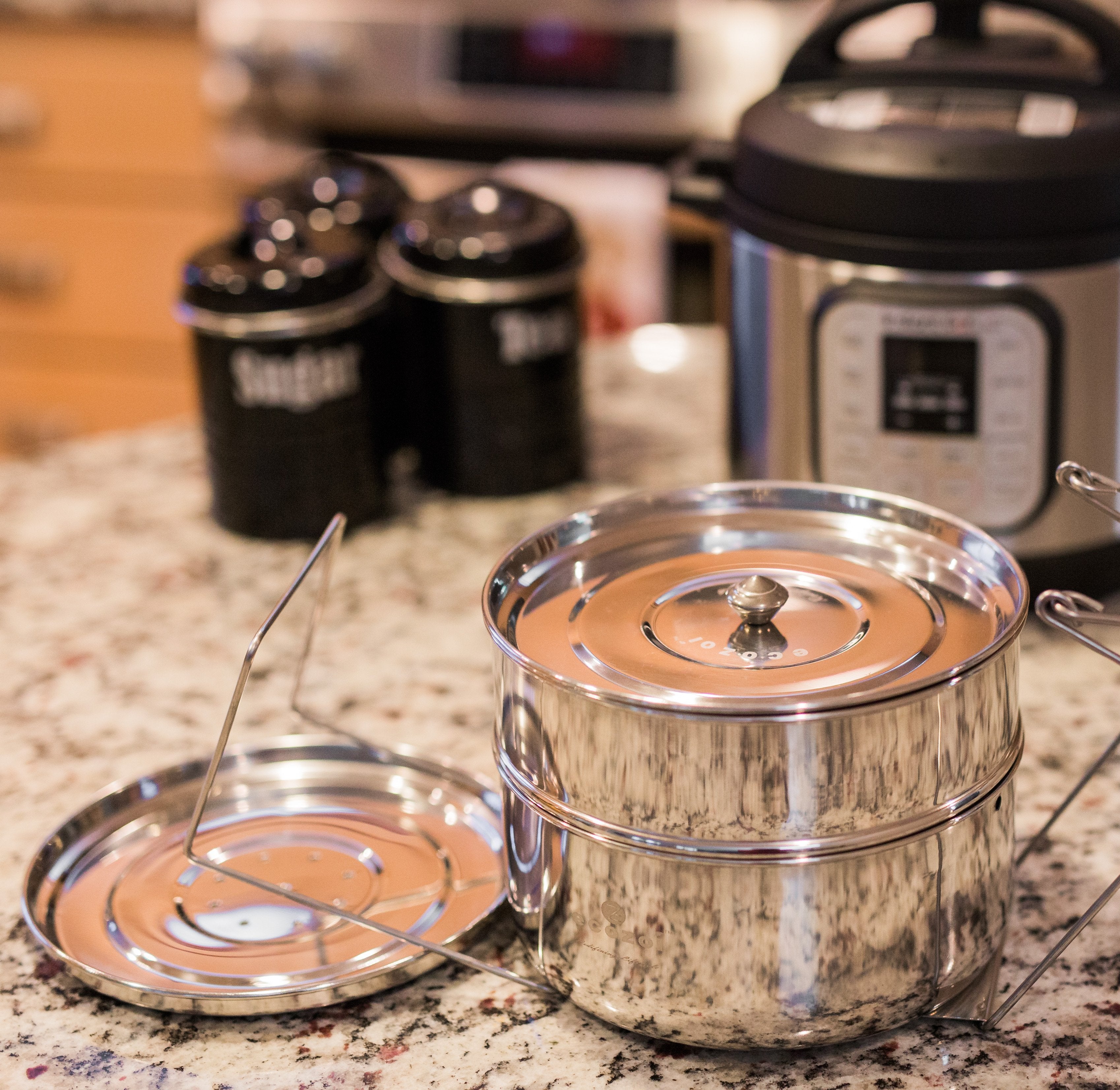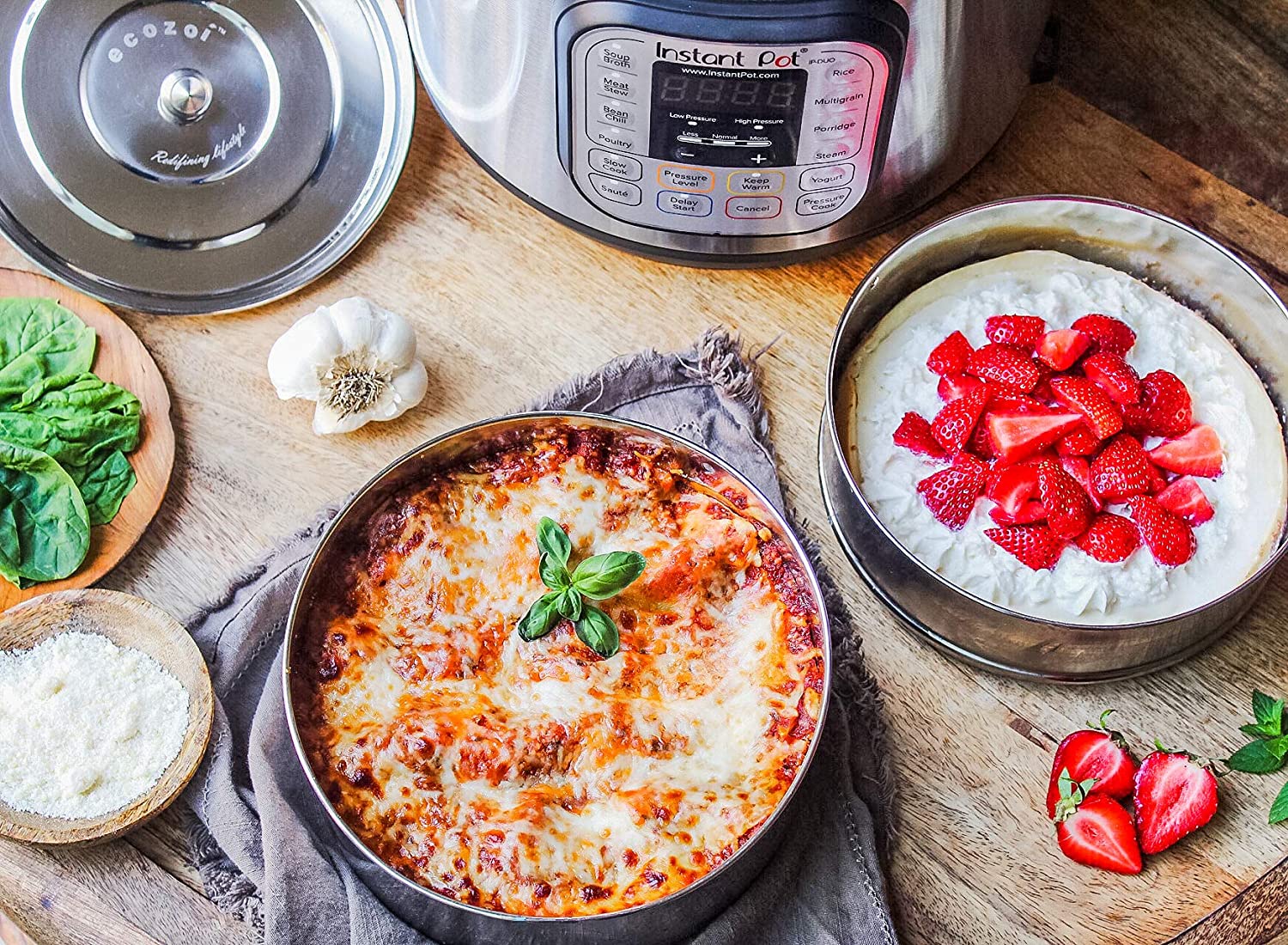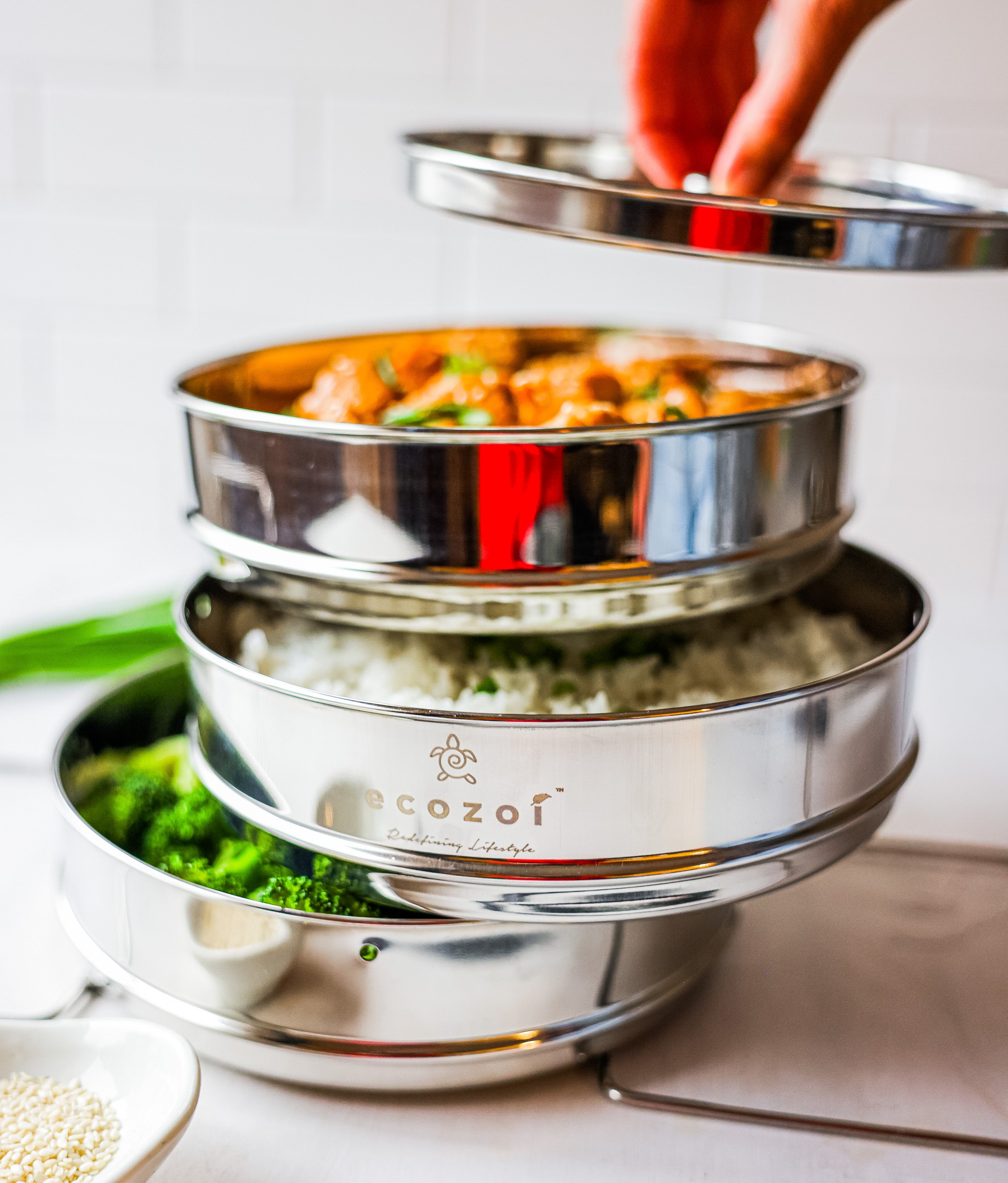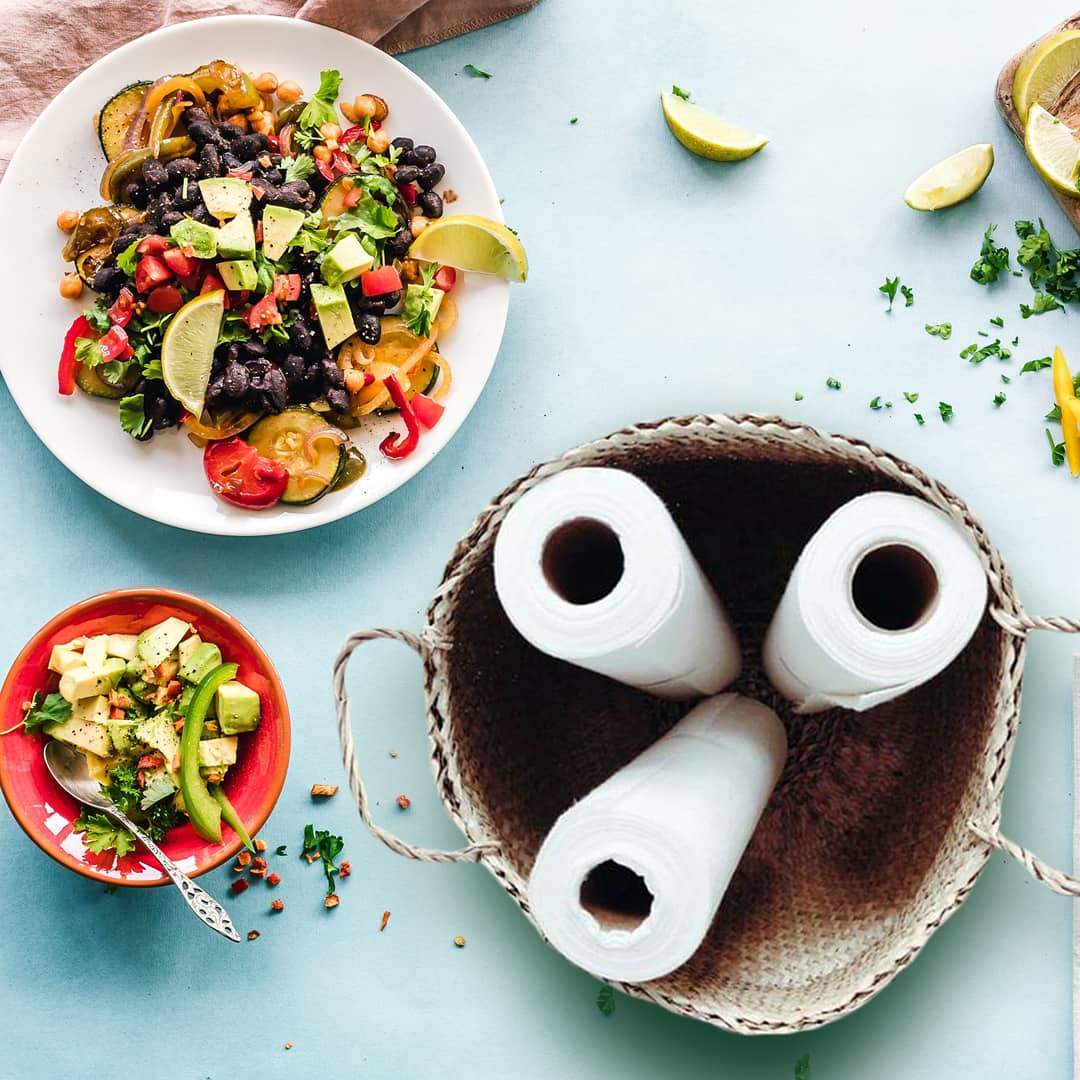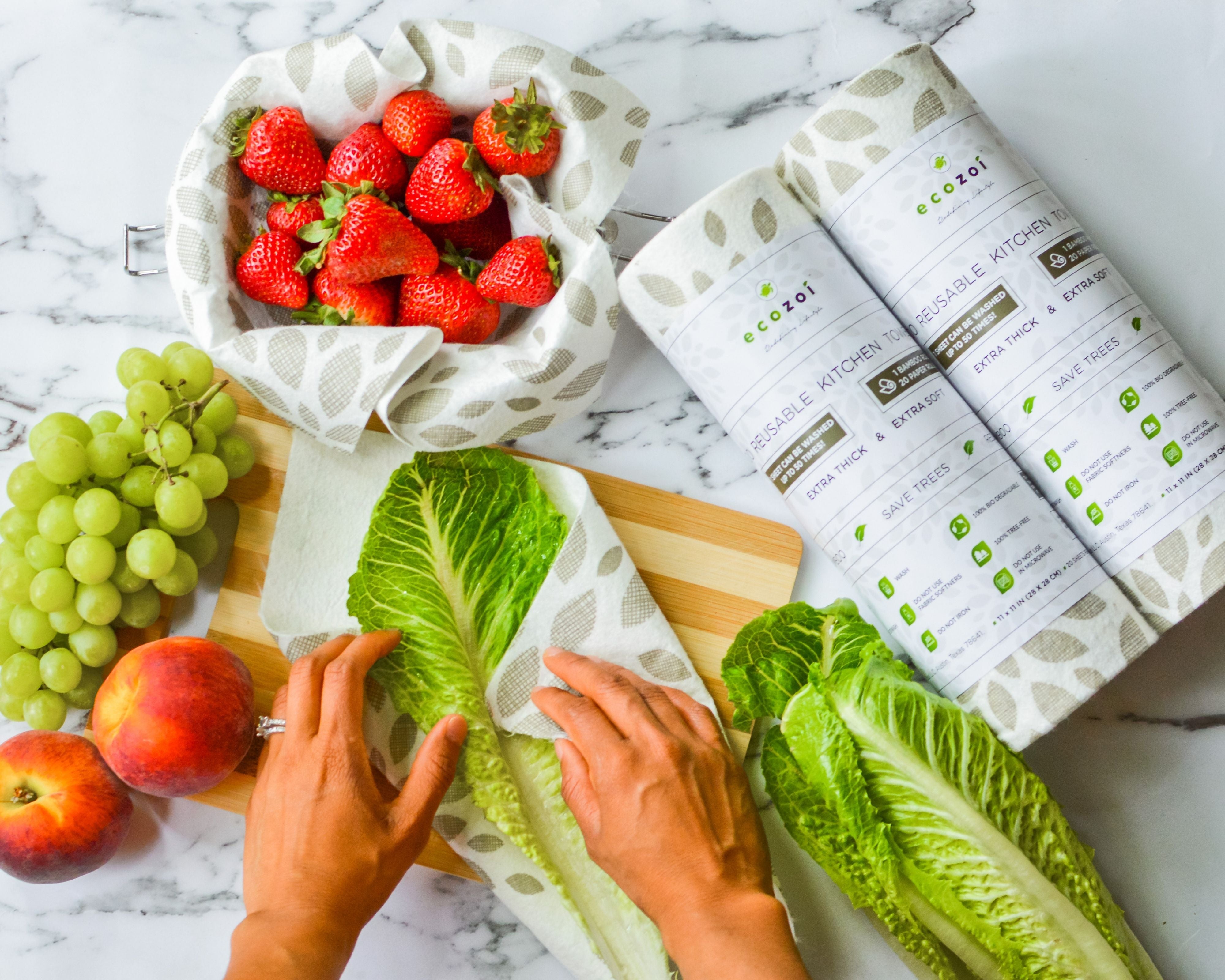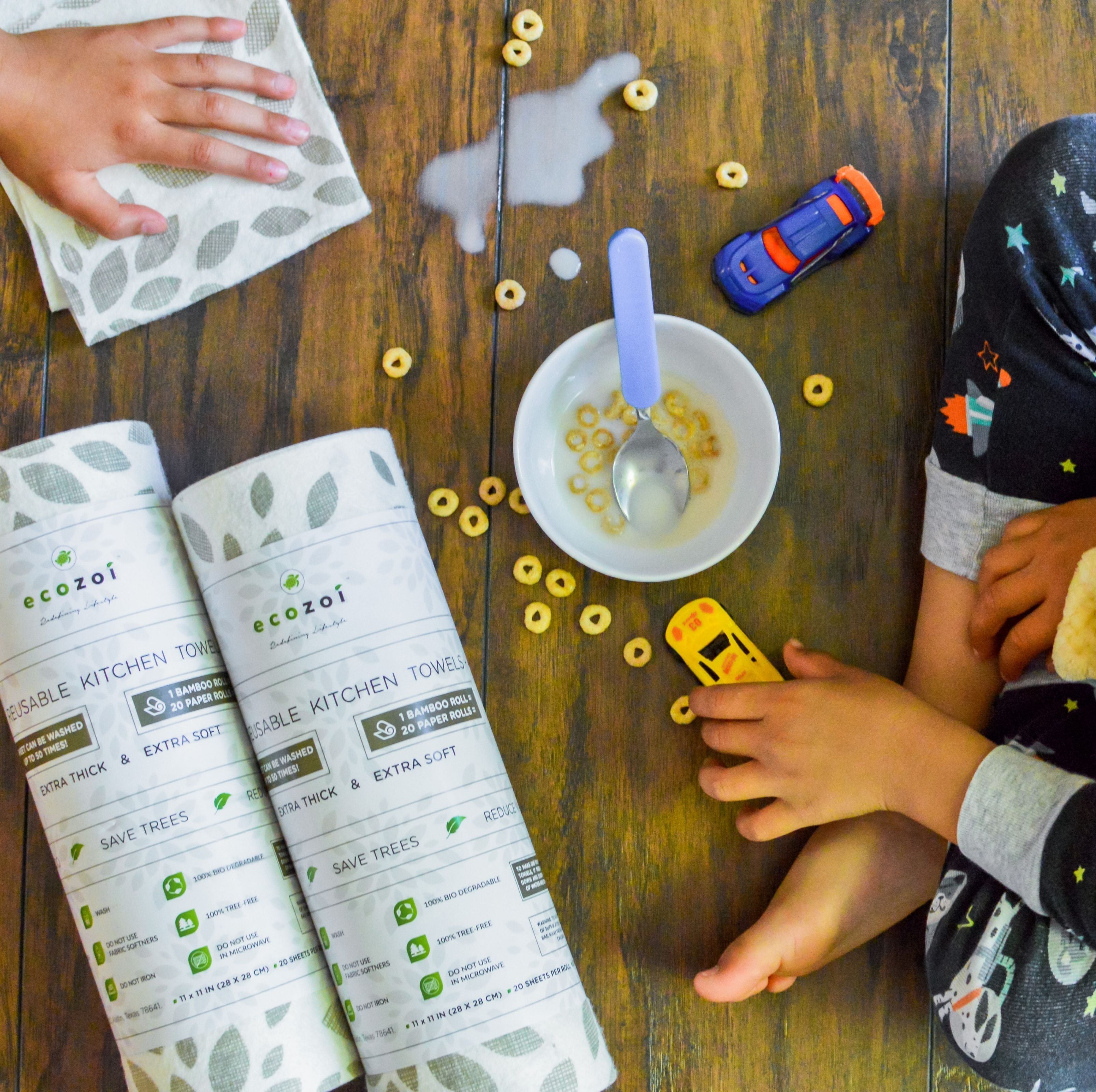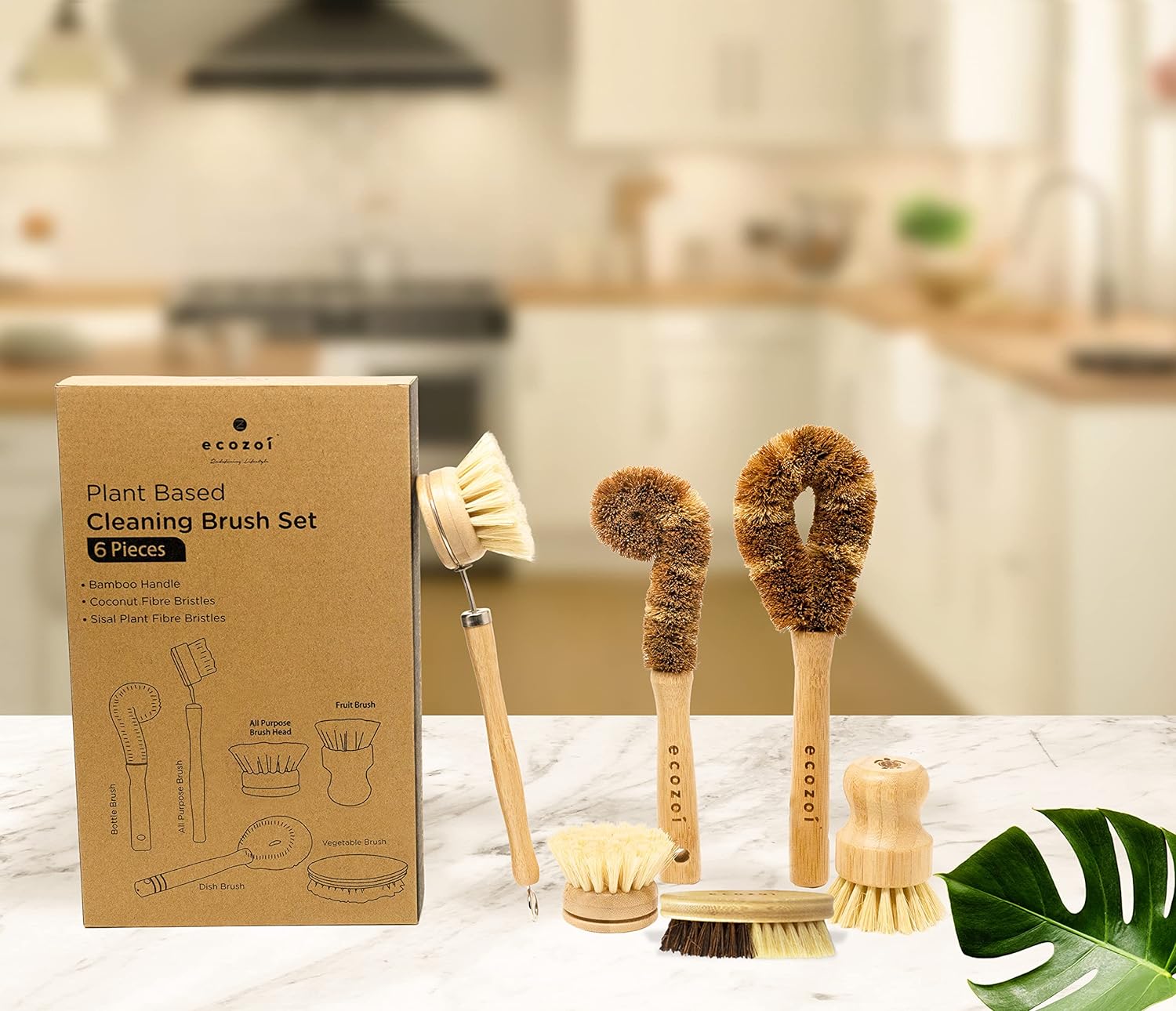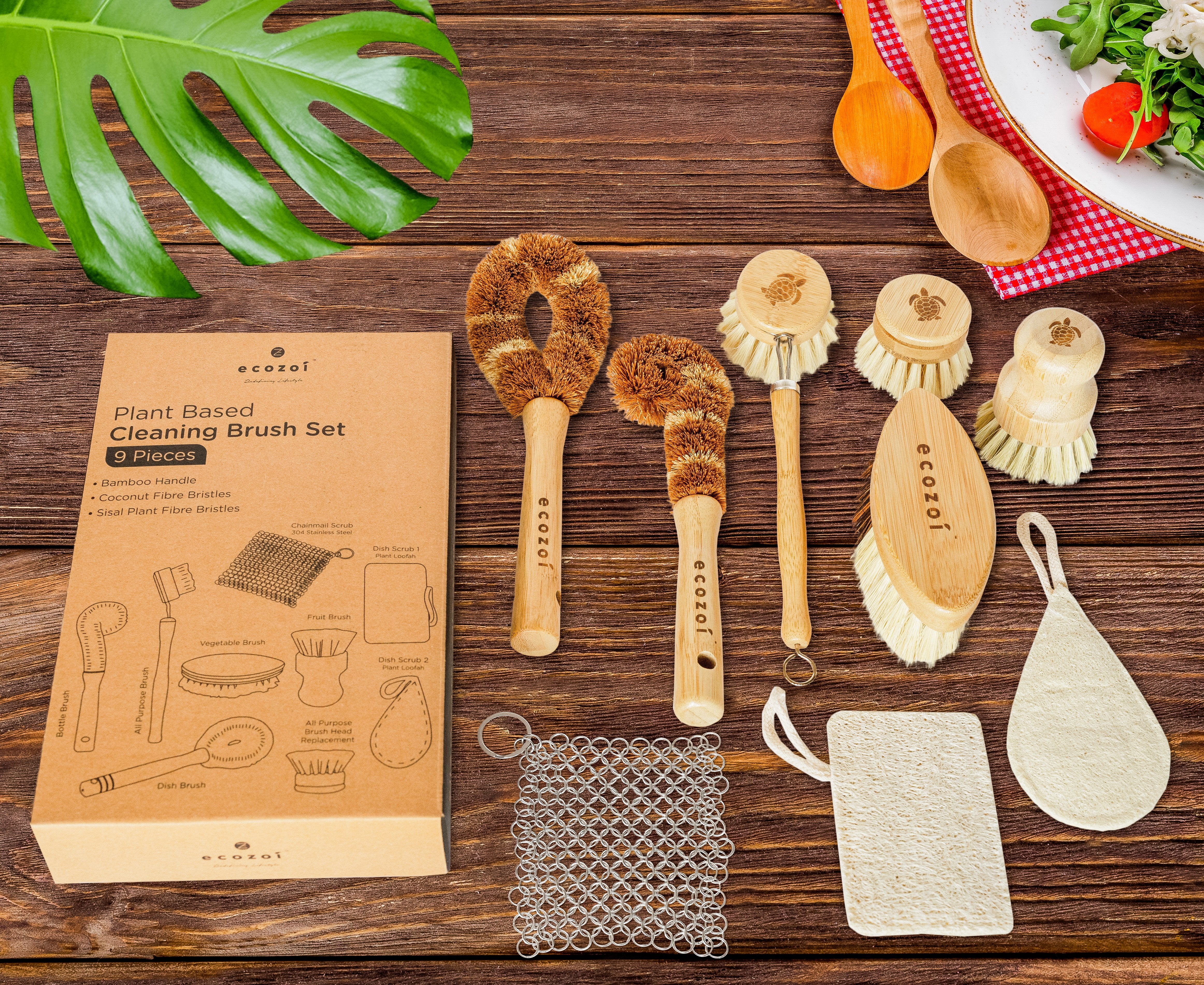Reasons to Avoid Plastic Lunch Boxes and Choose Sustainable Options Instead
Are you aware that using non-eco-friendly lunch bags harms you and the planet? It may not seem like much, but switching to eco-friendly lunch containers would have a significant impact if more people start doing it. In today's Ecozoi post, we will go through the negative effects that not utilizing eco-friendly lunch bags may have on both you and your children. And all the reasons to avoid plastic lunch boxes and opt for more sustainable alternatives. Read on to find out more.
Top five reasons to avoid plastic lunch boxes
In today's world, plastic is an integral part of daily life. It's in our vehicles, computers, phones, kids' toys, and pretty much everything else. The fact of the matter is that plastic production utilizes carcinogenic chemicals. It's common knowledge that these poisons may seep through almost any surface they come in touch with. And it is well established that ingesting the substances that make up plastic causes cellular damage and health issues.

1. Plastic contains harmful substances that may make you ill
As we age, we often experience more and more health issues. To what extent does it stem from only "becoming older"? Maybe your body is just overloaded with toxins. Diseases and illnesses including cancer, Alzheimer's, arthritis, heart disease, visual issues, and many more are on the increase, as is well known. But have you thought about it being related to the ever-growing use of plastic in our daily lives? It wasn't until the 1970s that plastic containers for food and drink really took off, and now we can't imagine life without them. More and more studies show that cancer and infertility might be linked to harmful substances in plastic. If we eat from plastic containers daily, we will end up consuming a lot of microplastic. No matter how healthy the meal in the plastic box was, we could still get ill.
2. No kind of plastic is completely risk-free
The very hazardous chemical bisphenol A (BPA) found in certain plastics has received a lot of media attention as of late. For this reason, customers often assume that a product labeled "BPA-free" is safe. Nonetheless, that is not the case. Many businesses now understand that "BPA-free" labels boost product sales. However, did you happen to notice anything else? Even though it doesn't include bisphenol A (BPA), some manufacturers still use BPS, a chemical related to BPA that has been shown to be just as harmful.

Although it has many of the same positive attributes as BPA, BPS is just as harmful to human health since it mimics estrogen in the same ways. The difficulty is that there is currently no method to tell which BPA-free items really do not contain BPS. To put it bluntly, you can't be sure that it doesn't include plastics that are harmful to your health.
If you're going to buy anything plastic, read your labels carefully. And don't fall for these marketing tricks, except that they're the cheapest. But your kid's health should come first. Consider more sustainable options for this back-to-school season, and your kids will be thankful to you one day.
3. Eating from plastic containers has been linked to infertility and other reproductive issues
Having a child is one of the biggest blessings in life. However, millions of people are having trouble conceiving and seeking help in various forms. From doctors to monasteries, those who desperately want a child of their own are willing to try anything. The infertility rates used to be lower back in the day. Undoubtedly, it has a lot to do with what we eat and drink, our fast-paced lifestyles, and in the end, eating from plastic containers as well.
Infertility is a direct result of problems with immunity and hormone control, both of which are common in populations exposed to hazardous compounds found in almost all plastics. As an example, research has shown that BPA found in plastic reduces ovulation and increases the incidence of miscarriage in females. New studies also reveal that plastic's toxic chemicals might harm developing youngsters.
4. Chemicals found in microplastic can cause weight gain
Nearly two-thirds of American people are overweight or obese, and this is due to several different factors. But the widespread use of plastic containers and packaging might be a contributing factor. The United States, after all, uses more disposable plastic containers than any other country. Luckily, in recent years we have seen more and more environmentally conscious companies. For example, experts from Pro Movers Miami will always advise clients not to use plastic containers when moving and offer them an alternative. You can easily start doing so by avoiding plastic lunch boxes.

A new study published in Environmental Health Perspectives reveals that exposure to bisphenol-A diglycidyl ether (BADGE), a chemical often used in plastics, can convert stem cells into fat cells. One of the study's authors claims that exposure to these chemicals might cause the body to change its calorie-burning behavior, increasing the likelihood that fat will be stored instead.
5. Plastics are a major threat to our environment
Whether you consider yourself a staunch environmentalist or not, you, your kids, and their kids all share this world. Each of us must do everything we can to ensure future generations may continue to call Earth home. The first problem is that plastics are often produced using petrochemicals. This process requires a great deal of energy and results in significant pollution and harmful discharges. In reality, every single plastic bottle makes Earth less livable. In addition, relatively little plastic is recycled, so most of it winds up in landfills, where it takes forever to break down. You don't need any more reasons to avoid plastic lunch boxes. We would be much better off sending our kids to school with alternatives like stainless steel boxes or material lunch wraps.


